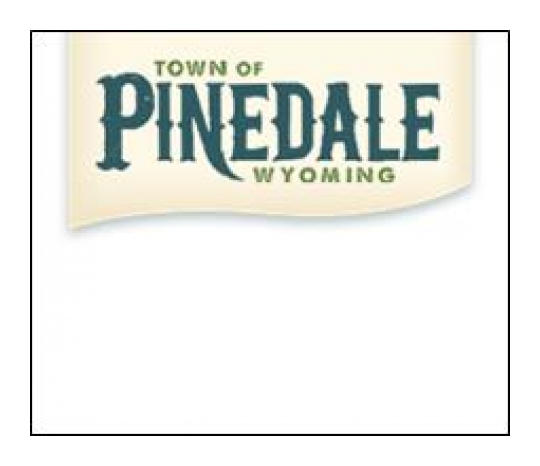Panel investigates Wyoming magistrate over gay marriages

Casper, Wyo. (AP) — A state judicial panel is investigating a western Wyoming local magistrate who was quoted in a local newspaper saying she would not perform same-sex marriages.
Pinedale Municipal Judge Ruth Neely told the Sublette Examiner in a story published last December she would not marry gay couples because of her religious beliefs. She said there was at least one other magistrate in the area who could marry gay couples if necessary.
"When law and religion conflict, choices have to be made," she was quoted as saying in the story.
The story came less than three months after a federal judge in Casper struck down Wyoming's gay marriage ban last year.
The Wyoming Commission on Judicial Conduct and Ethics said in a statement that it has begun an investigation of Neely over six possible violations of judicial conduct, the Casper Star-Tribune reported.
"In response, Neely admitted she informed the reporter that solemnizing same-sex marriages would violate her religious beliefs" but denied she violated judicial code, the commission statement said. She also raised "13 separate defenses, primarily based on her constitutional rights," it said.
It noted that Neely is entitled to a fair hearing but did not indicate when the hearing would occur.
Neely declined to comment to The Associated Press on Thursday.
According to its website, the judicial conduct commission could take one of several actions, including privately censure the judge, temporarily suspend her or dismiss the complaint if no violation is found. The commission can make recommendations to the Wyoming Supreme Court for her suspension, public censure, retirement or removal from office.
The Wyoming Code of Judicial Conduct mentions sexual orientation several times, including a section that says a judge shall not, while performing judicial duties, show bias or prejudice based upon factors such as race, sex and sexual orientation.
Another section states bias or prejudice, even outside the judge's official duties, "are likely to appear to a reasonable person to call into question the judge's integrity and impartiality." The section then lists jokes or remarks that demean people based on factors such as sexual orientation.
Information from: Casper (Wyo.) Star-Tribune.
Copyright 2015 The Associated Press. All rights reserved. This material may not be published, broadcast, rewritten or redistributed.
The Gayly – August 20, 2015 @ 2:45pm.





